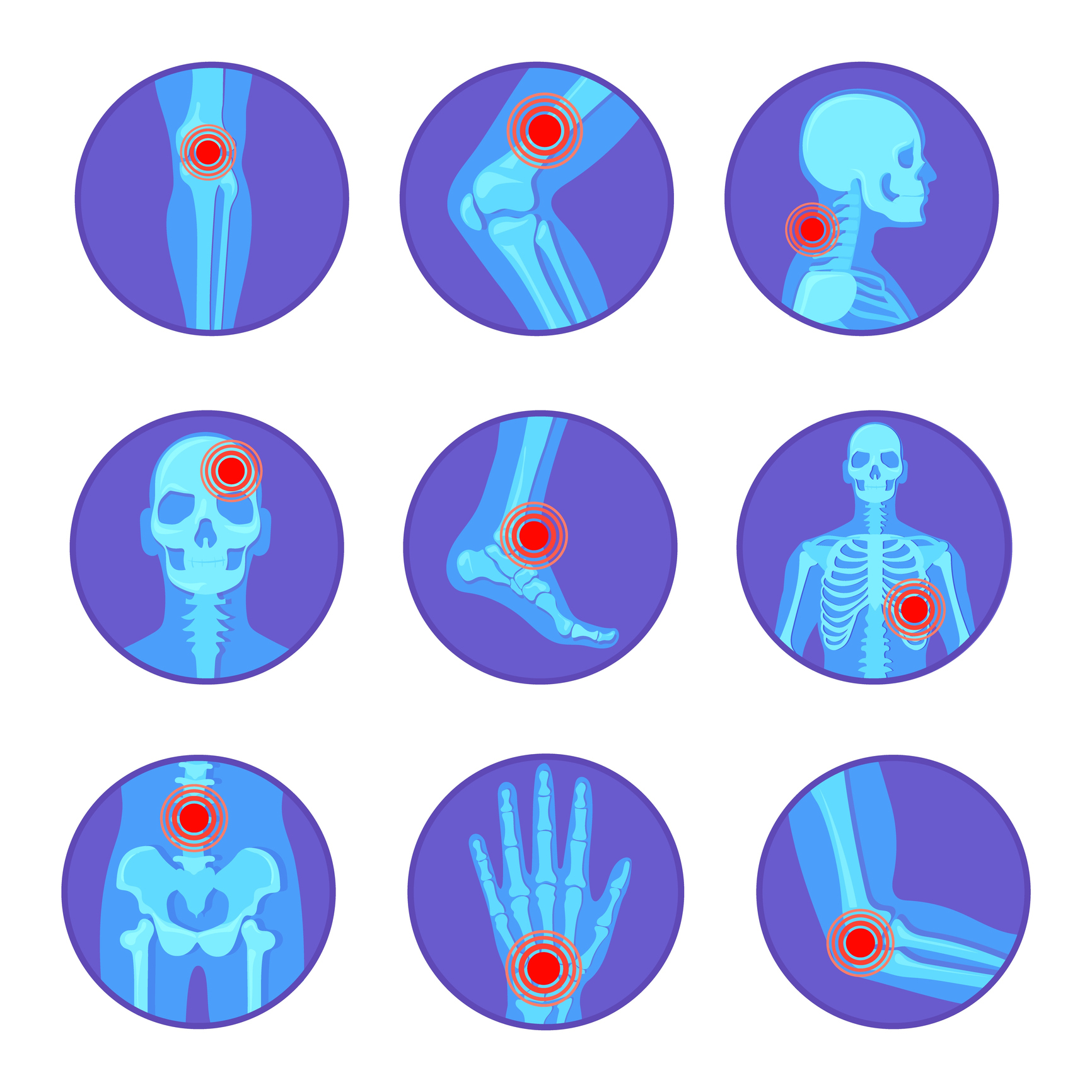The study used a machine learning technique to see if particular baseline variables might predict which psoriatic arthritis (PsA) patients would benefit more from a beginning dosage of secukinumab 300 mg over 150 mg. The study also presents findings from an individual patient efficacy meta-analysis (IPEM) of 2049 PsA patients from the FUTURE 2 to 5 studies, which compared the efficacy of secukinumab 300 mg, 150 mg with and without loading regimen versus placebo at week 16 on several clinically relevant difficult-to-attain endpoints. Machine learning was used to evaluate baseline data from 2148 PsA patients and investigate 275 factors using a Bayesian elastic net. The findings for IPEM were given as the difference in response rates against placebo at week 16. Secukinumab 300 mg offers extra advantages in patients who are anti-tumour necrosis factor–naive, have been treated with one prior anti–tumor necrosis factor drug, are not receiving methotrexate, have enthesitis at baseline, and have a shorter PsA illness duration, according to machine learning. For IPEM, all secukinumab doses exhibited a stronger treatment impact vs placebo for higher hurdle endpoints in the entire population and all subgroups at week 16.
Machine learning was used to identify predictors for the increased benefit of secukinumab 300 mg versus the 150 mg dosage. Individual patient effectiveness meta-analysis revealed that secukinumab 300 mg outperformed 150 mg in higher hurdle efficacy endpoints in patients with active PsA in the total population and the majority of subgroups with varying levels of baseline disease activity and psoriasis.


